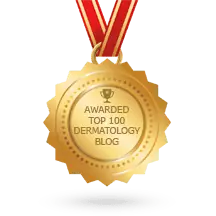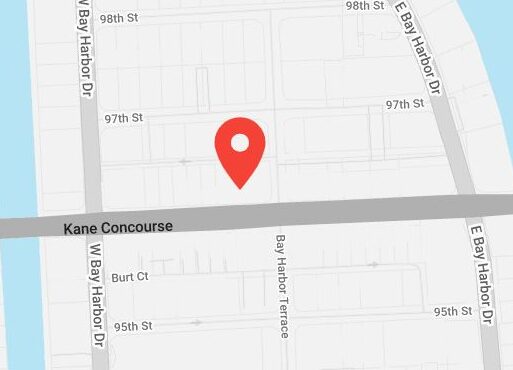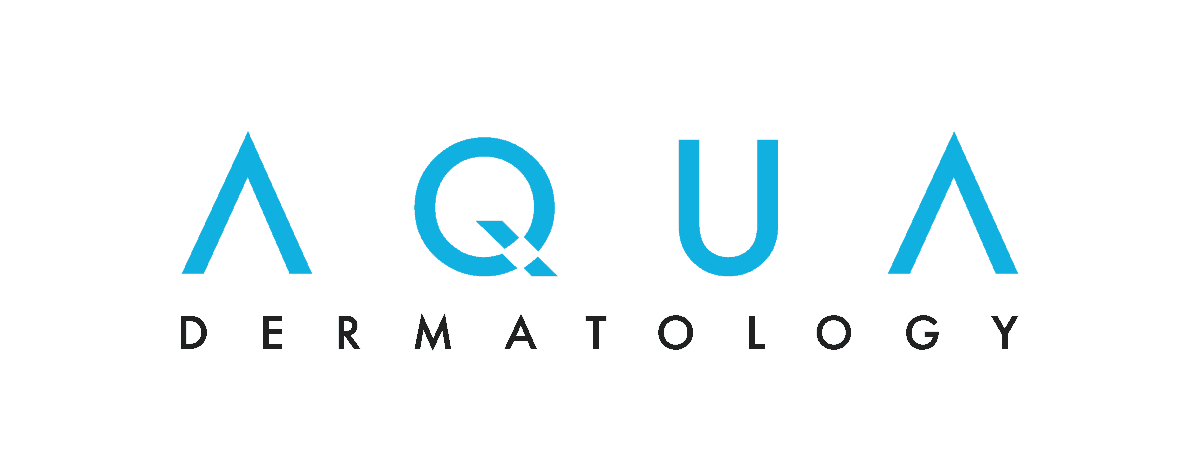Everyone’s skin is different. Some people seem to break out at the drop of a hat while others never get a single pimple. Some people burn after a few minutes outdoors while others get an even tan all over.
What accounts for all these differences? It all comes down to skin type. When talking about skin type, there are a few different classification systems in play. One focuses on the amount of pigment in the skin and is used to evaluate skin cancer and sun damage risk. The other focuses on the amount of oil the skin produces. Both skin classification types are based on your genes, which means that there’s little you can do to change them. What you can do is work with a dermatologist to discover the skincare products and treatments that will help keep your uniquely beautiful skin as healthy as possible.
Skin Types: Oily to Dry
One factor that influences the type of skin you have is the amount of oil or sebum it produces. Generally speaking, there are four types of skin based on the amount of oil in the skin. “Normal” skin, also known as “eudermic” has a balanced amount of oil. It’s not overly dry or very oily. The pores on this type of skin aren’t particularly visible and it has a healthy glow to it.
Dry skin also typically doesn’t have visible pores. People who have dry skin tend to produce less oil or sebum than others. They might also have a lower water content in their skin. As a result, their complexions can look flaky, dull or rough. There might be red patches or signs of irritation.
People with oily skin often have large, visible pores thanks to sebum overproduction. The skin might look shiny and thick. Oily skin is prone to developing blemishes, such as cystic acne or pimples.
The fourth type of skin is known as combination skin, which is oily in some spots and dry in others. There are a few different types of combination skin. One common type features oily skin in the “T” zone (along the forehead and nose) and dry skin on the cheeks. Combination skin tends to be one of the more common skin types.
Oil Levels Can Change
It’s worth noting that while your skin type is influenced by your genes, it is possible for it to change slightly over time. For example, you might have had oily skin in your teens, but now find that it’s drier or a combination of skin types in your 30s or 40s.
The products you use on your skin are influenced by skin type, but there are also some misconceptions out there about the proper way to care for skin based on type. For example, it’s a common assumption that people with oily skin can skip the moisturizer and that people with dry skin can avoid cleansing. In fact, everyone needs to cleanse and moisturize to keep their skin as healthy as possible. It’s the ingredients in the products that should differ based on skin type.
Fitzpatrick Skin Types
Another way that skin types are classified is using the Fitzpatrick scale. Developed in the mid-1970s by the dermatologist it is named for, the Fitzpatrick classification system ranks complexions based your skin’s propensity for burning. It’s used to evaluate skin cancer risk. For example, people who fall under Fitzpatrick Skin Type 1 have skin that always burns in the sun, freckles, and typically have blue eyes and a natural skin color of ivory. They are at the highest risk for developing skin cancer and cosmetic sun damage, such as premature wrinkles and sunburns.
There are a total of six Fitzpatrick Skin Types. Type 1 is at the greatest risk while Type 6 is at a reduced risk for skin cancer. Of course, it’s important to remember that a reduced risk doesn’t mean there is no risk at all. Everyone, regardless of skin type, can benefit from regularly wearing sunscreen and from avoiding spending a lot of time outdoors when the sun is at its strongest.
Not sure of your skin type? Your dermatologist can help. Dr. Diane Walder is a leading dermatologist in the United States. She offers skincare products and treatments at her practice in Miami to help improve the health and appearance of your skin. To schedule a consultation with Dr. Walder or one of her associates, call 305-866-2177 today.



